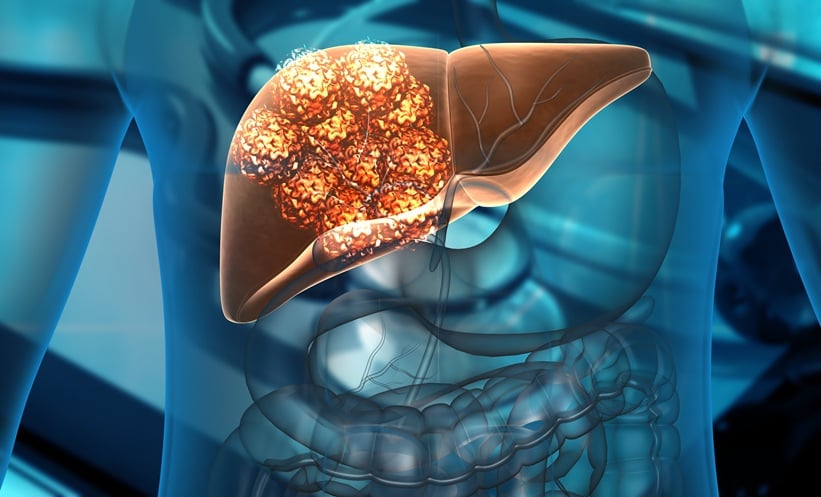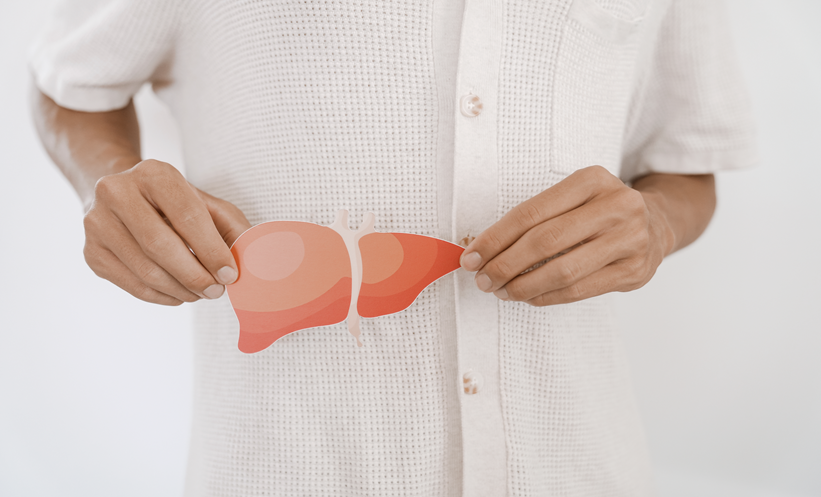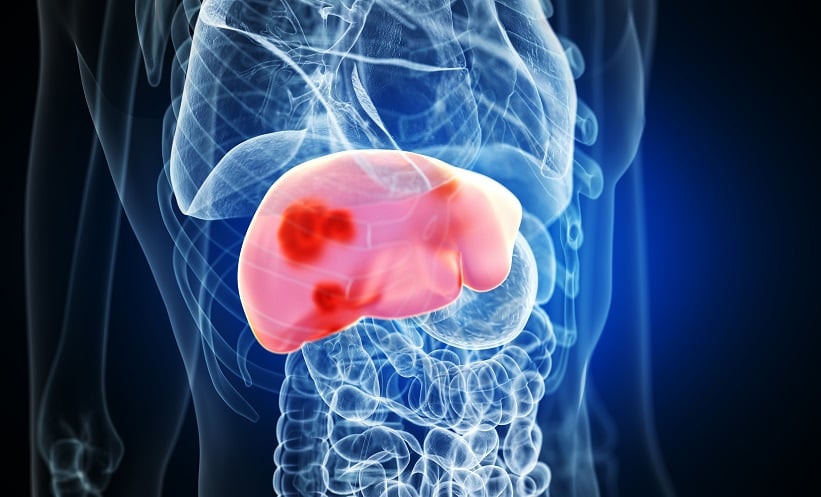LIVER CANCER, the third leading cause of cancer-related deaths globally, is primarily attributed to hepatocellular carcinoma (HCC), which accounts for 80-90% of liver cancer cases. The majority of HCC patients present with intermediate or advanced disease, often following chronic liver conditions like hepatitis B/C, alcohol abuse, or metabolic dysfunction-associated steatotic liver disease. Treatment options for advanced stages typically include transarterial chemoembolization (TACE) and selective internal radiation therapy (SIRT), with the latter offering a promising alternative in patients unsuitable for TACE.
SIRT, which involves injecting radioactive microspheres loaded with yttrium-90 (Y90) into the hepatic arteries, has emerged as an effective therapy due to its minimal ischemic effects, making it applicable for patients with high tumour burdens or portal vein invasion. Alongside locoregional treatments like SIRT, immunotherapies, particularly immune checkpoint inhibitors (ICIs) such as nivolumab, have shown promise in HCC management. Recently, combination therapies like atezolizumab with bevacizumab and nivolumab with ipilimumab have become the standard first-line treatments for patients with unresectable HCC.
The NASIR-HCC trial explored the combination of SIRT with nivolumab in patients with liver-only, unresectable HCC. Early results indicate that this combination has a good safety profile and demonstrates antitumour activity. Most notably, the trial also assessed the impact of this treatment on health-related quality of life (HRQoL), a key consideration for cancer patients. HRQoL is increasingly recognised as a critical outcome in HCC treatment, reflecting the disease’s significant symptom burden, including pain, fatigue, and mental distress.
The results of the NASIR-HCC study revealed that HRQoL remained stable over the course of treatment, with only minor, transient declines observed between cycles. These findings are consistent with other studies investigating the effects of immunotherapy and SIRT on HRQoL. Importantly, the combination of SIRT and nivolumab did not compromise patients’ quality of life, reinforcing the potential of this treatment approach for improving both survival outcomes and overall well-being.
While these results are promising, the small sample size of the NASIR-HCC study and its single-country scope mean that broader conclusions should be made cautiously. Nonetheless, the findings contribute to the growing body of evidence on the HRQoL impacts of locoregional and systemic therapies for HCC, highlighting the need to balance survival benefits with quality of life in treatment decision-making.
Reference
De la Torre-Aláez M et al. Health-related quality of life in patients with unresectable hepatocellular carcinoma treated with SIRT and nivolumab: a sub-analysis of the NASIR-HCC trial. J Patient Rep Outcomes. 2025;9(1):39.








